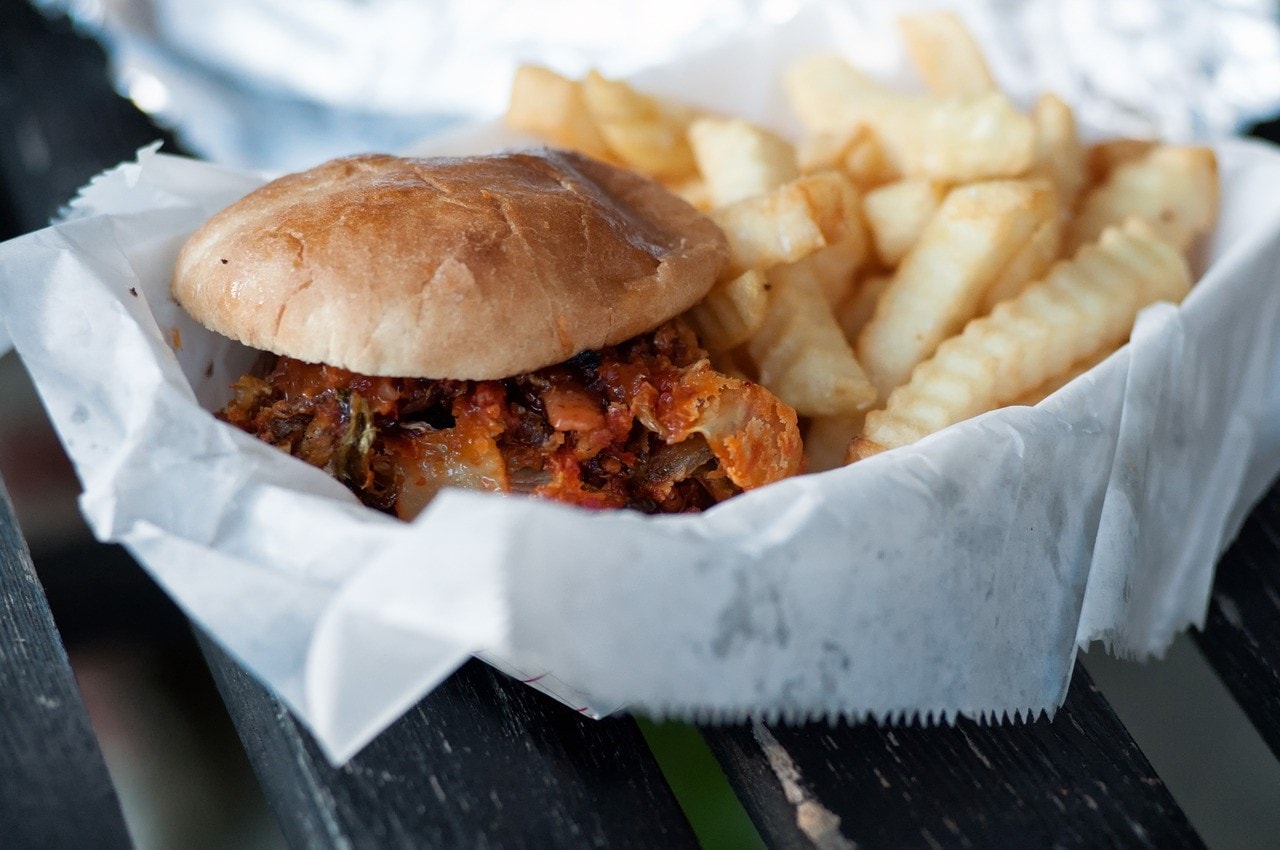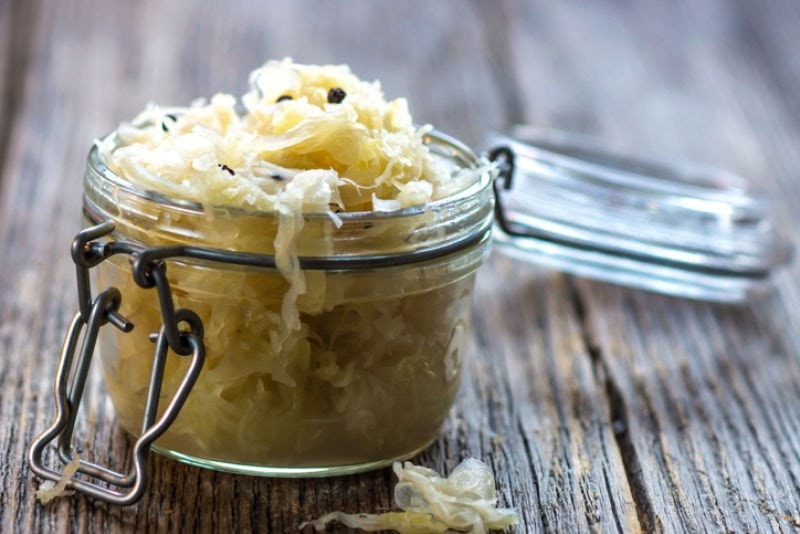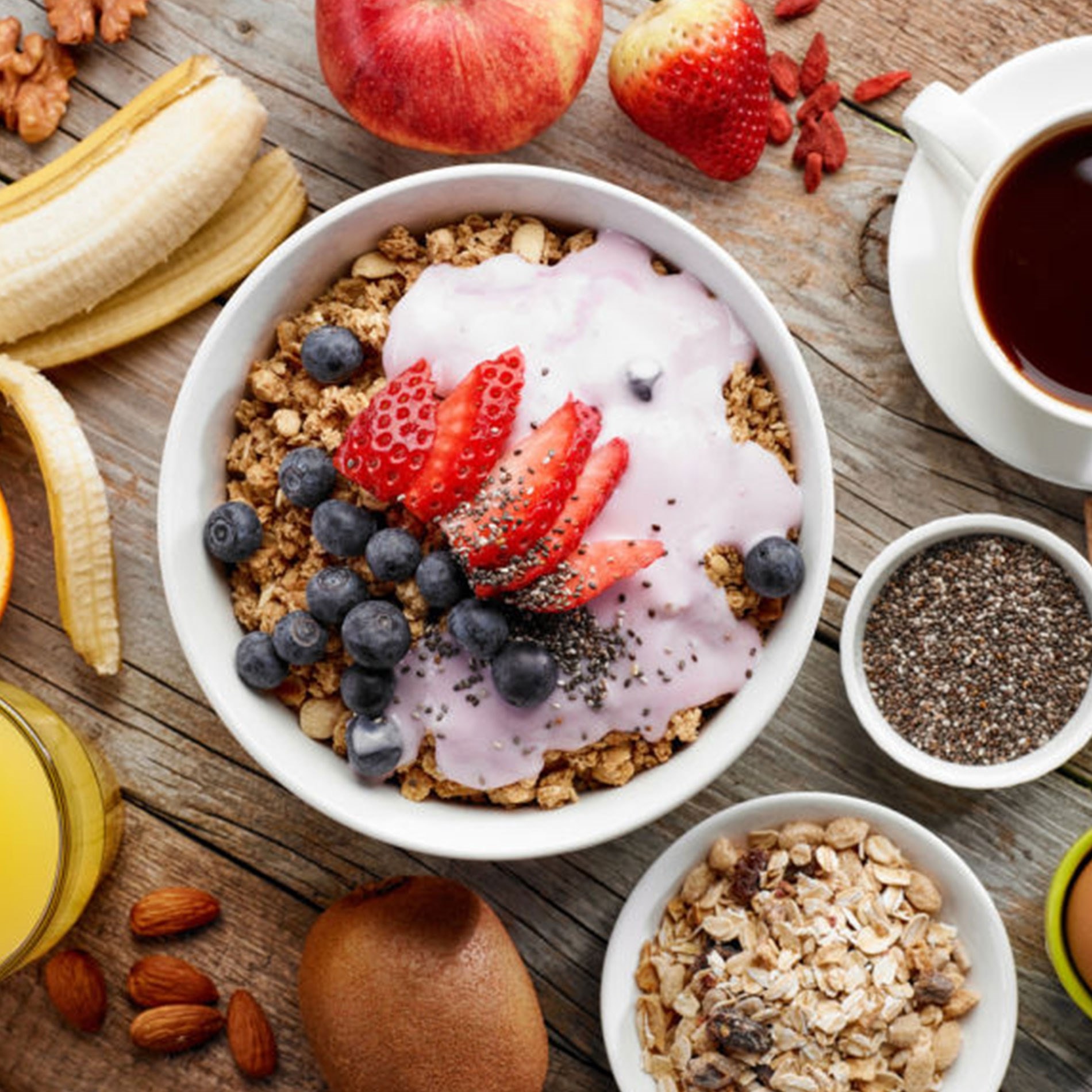Fast Food Can Harm Gut Bacteria
We’ve all heard that fast food is bad for our health, but did you really know why? Well, one huge negative health impact appears to be that it kills off our beneficial gut bacteria. Read on and you may never eat a burger again!
The effect of fast food on intestinal bacteria was put to the test recently when a scientist’s son volunteered to exist on a diet consisting solely of menu items from a well-known burger chain. The mini study was conducted by Professor Tim Spector from King’s College London, using his 23 year old son, Tom, who bravely volunteered to put his health at risk by consuming only burgers, chicken nuggets, chips and soft drinks for a period of ten days.

Tom’s levels of gut bacteria were measured before and after the test period, and the results were astonishing. Before his crash diet of junk food, Tom’s gut microflora consisted of over 3,500 different species of bacteria, but after ten days these populations had plummeted down to just 1,300 species. Confirming the findings of previous studies, where the importance of prebiotic foods and supplements that encourage the good guys in our gut has also been highlighted, Learn more by reading: What are prebiotics? Professor Spector said that this was a major contributing factor to the current obesity epidemic affecting the Western world. Professor Spector, who is an expert in genetic epidemiology, suggested that our friendly bacteria are key contributors to the maintenance of a healthy body weight. Read Tom's account about what happened - it definitely makes for an interesting read!
Diet can either kill or cultivate a healthy gut flora
By eating the right types of foods, including onions, celery, leeks, garlic, you can encourage the growth of beneficial bacteria naturally. Read about how different diets can influence the activity of our gut bacteria. The scientist is concerned that modern diets are very restricted and lacking in variety, which consequently leads to a decrease in the diversity of beneficial bacteria that help us to metabolise and break down our food efficiently. Encouraging the growth of a healthy gut microflora could be as effective as cutting down on calorie intake, claims the professor, who is about to publish a new book called ‘The Diet Myth - The Real Science Behind What We Eat’ in which he blows long-held dieting theories – including the emphasis on low-fat diets for weight loss – out of the water.
Evidence indicates that our pre-historic predecessors consumed a much more varied diet, often eating up to 150 types of foods in a week whereas, despite an apparent abundance of food by comparison, our modern-day diets are restricted to around only 20 foods. For those who choose to eat primarily fast foods or processed meals, this is reduced even further, with many junk foods consisting of just four foods – corn, soy, wheat or meat. In more recent times, our ancestors also kept their guts in order by eating far more fermented foods than is typical in a Western diet today. Read about our favourite fermented foods.

Professor Spector remains convinced that a lack of beneficial bacteria is a key factor in the current obesity epidemic that is affecting the Western world. In Britain, well over half of the population is overweight, with one in every four in serious danger of illness due to weight gain.
Another way to introduce friendly bacteria to encourage the development of a healthy gut microbiome is by taking a high quality, well researched probiotic supplement. You can learn more about this topic by reading: What are probiotics?
If you found this article interesting, you may also enjoy:
Is your gut bacteria the reason you can't lose weight?
On the Probiotic Professionals site, healthcare professionals might like to read:
Could probiotics help with weight loss?
References
- http://www.dailymail.co.uk/health/article-3075506/ANOTHER-reason-fast-food-makes-fat-New-research-shows-processed-meals-kill-bugs-thin.html Image 2 - www.wikipedia.com
Popular Articles
View all Gut Health articles-
Gut Health14 Nov 2023


